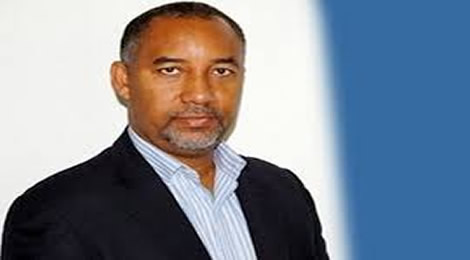Alex Mould: Overstaffing at SOEs draining public purse

Alex Mould, the former CEO of the Ghana National Petroleum Corporation (GNPC), has claimed some state-owned enterprises including the Bulk Oil Storage and Transportation Company Limited (BOST) have been overstaffed, putting a toll on the national coffers.
Talking to Kwaku Nhyira-Addo on The Asaase Breakfast Show on Tuesday (12 April), Mould said appointment to such strategic organisations should be on merit.
“But of course 500 people in an organisation that should not have more than 250 people in my view because they have only five depots and these depots should not be manned by 20 to 30 people and the head office should not be manned by more than 50 people in my view,” Mould said.
“So we are overstaffed and as such this is going to be a burden on the financials of any company and if you look throughout the state-owned enterprises (SOEs), you can see that they have increased the staff of all the SOEs and this is a burden, especially when we talk about profitability of companies.
“Unless the objective is to give jobs to people without ensuring that this companies are viable and profitable because they will continuously be a burden to the tax payer because the government will always have to inject money into these organisations,” Mould added.
Ignore SIGA report of GHC400 million loss
The CEO of the Bulk Oil Storage and Transportation Company Limited (BOST), Edwin Provencal has rejected claims by the State Interests and Governance Authority (SIGA) that it made a loss of GHC400 million.
Provencal said per the auditor’s report, BOST made about GHC10 million profit before tax in 2020, the first time since 2016.
“Every time I’ve made an emphatic statement that BOST has made a profit, I always say that it is profit before tax. And I also go-ahead to add that there are some extraneous activities for example; the tax component with respect to asset revaluation, the accelerated depreciation then also we have some investment with some other companies and if the company’s shares lose value obviously, they’ll impact the bottom line.
“So, I always go ahead and put in a caveat that if we’ve made a profit before tax and specifically what I’ve said was that we estimated to make a profit before tax of GHC30 million, but the audited account revealed GHC10 million before tax. However, the other extra item like the tax component of revaluation, capital loss and investment into securities etc., they’ll come and wipe away all the profits we have made,” Provencal told Asaase Business.





